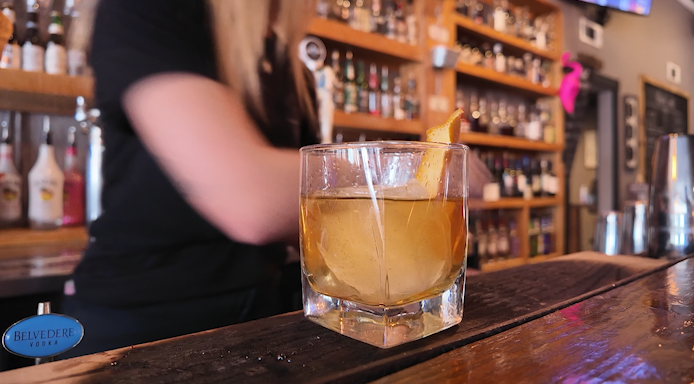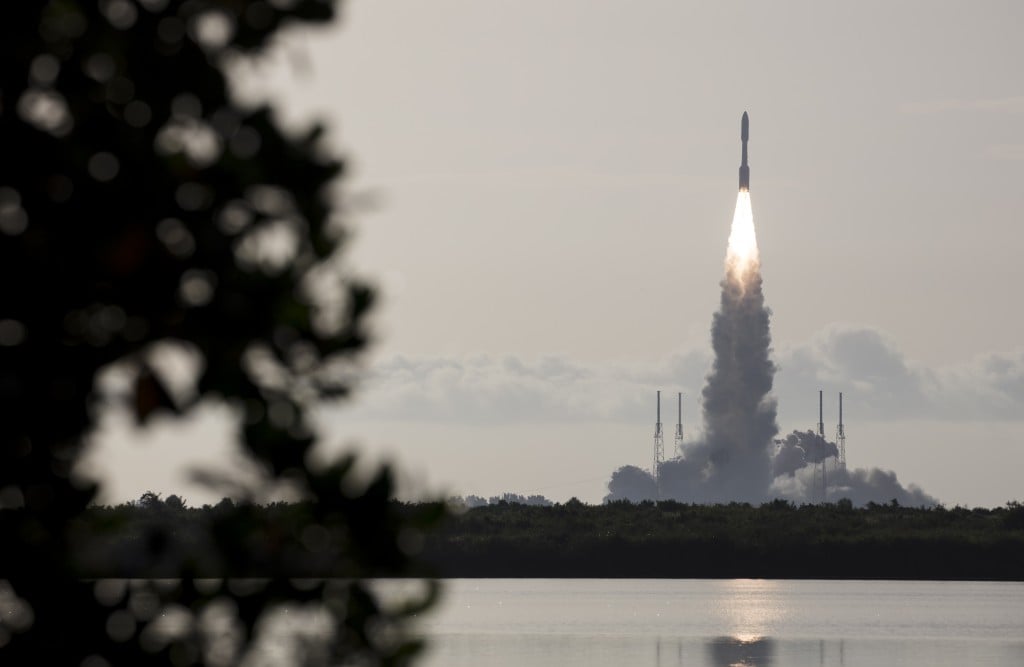Environmentalists sound alarm over violations discovered at Linkwood waste facility
LINKWOOD, Md. – Environmental watchdogs are sounding the alarm over several violations discovered at a local waste storage and processing facility.
Violations Found, Recommendations Made
Choptank Riverkeeper, Matt Pluta, says ShoreRivers was first alerted to the potential violations at Darling Ingredients facility in Linkwood months ago. ShoreRivers is a non-profit organization that advocates for clean water on the Eastern Shore of Maryland, and provides assistance in pollution-reduction projects.
The Maryland Department of the Environment (MDE) was called in to complete an inspection. Inspectors found several violations at the facility.
The company was found to be bypassing so-called “pond water” or “ammonia water” to unknown locations, and failed to maintain record-keeping on the material’s makeup, and how it would impact local waterways. MDE issued several recommendations that Darling Ingredients should take to remediate the violations.
“It was untreated wastewater, essentially, that was being hauled,” Pluta said. “The facility in Linkwood is required by the permit to notify the state any time they decide to bypass their discharge, and they didn’t do that.”
Concerns Grow
However, several months ago, a lawsuit was settled over many of the same violations issued recently at the same facility.
“It seems as if the practices aren’t just continuing, but they’re getting worse,” Pluta said. “It would be safe to classify what’s going on there as somewhat of an environmental disaster, in the sense that every inspection report seems to have more violations identified. We are very far from having a handle on this facility.”
Pluta says the facility in Linkwood isn’t the only one like it that is causing concerns.
In Hebron, a 3 million gallon dissolved air flotation (DAF) tank spilled last year, dumping tens of thousands of gallons of the waste product onto surrounding wetlands. DAF is a method of water treatment, in which wastewaters are clarified by removing suspended matter, like oil or solids.
And now, Pluta says it’s not just DAF that’s becoming a problem on the Eastern Shore.
“[DAF] is being moved around the state to areas where we have no idea where they’re going, or how it’s being treated and used,” said Pluta. “Now, we’re learning that other material, like this untreated wastewater is falling within that same loophole, and going untracked and undiscovered.”
Waste Product “Loophole”
In fact, Pluta says Maryland has a loophole when it comes to waste products like DAF, or “ammonia water,” in this case.
“Maryland is really unique in the fact that we do have a lack of regulations, compared to surrounding states. I think that’s the reason why we saw a lot of the DAF material move into the state over the past couple of years,” Pluta said.
And when that material does spill, it can be especially devastating on Delmarva; an area that already has its own host of water quality issues.
“Our waterways are already suffering from too many nutrients. This material is known to be heavy in phosphorous, for example, and also nitrogen,” Pluta said. “Any time we have releases of phosphorous and nitrogen into the rivers, we tend to see poor water quality result. We’ll see algal blooms persist, low oxygen areas, where fish and other species like crabs won’t want to inhabit because of that.”
Pluta: Md. Needs to “Get Serious”
“Essentially, that would require a new permitting program in the state, where anybody who’s hauling, storing, or using DAF will be required to apply for a permit and track that material, in a way that the state can be sure of where it’s going, what’s in it, and how it’s being used,” Pluta said.
Until that legislation becomes law, though, Pluta says the state of Maryland needs to clamp down harder on violators.
“I think the state needs to get serious about issuing violations and fines,” Pluta said. “And, we have to remember that when we’re dealing with big corporations like this, it can’t be a minimal fine.”
Darling Ingredients Responds
Darling Ingredients is in the business of circularity, or aiming to achieve sustainability by reducing waste. The company processes byproducts from animal agriculture and food production waste material. That is then converted into other products, like fats for pet food, human food additives, collagen, gelatin, and certain types of fuel. Darling Ingredients also bills itself as North America’s largest collector of used cooking oil.
47 ABC WMDT reached out to the company, asking how it plans to comply with MDE’s recommendations. We also asked about the previous lawsuit and settlement, as well as how the company ensures environmental stewardship.
In response, Darling Ingredients stated that it strives to be a good corporate citizen and neighbor in the communities where they operate.
“We have comprehensive processes, protocols and environmental expectations that are part of our day-to-day operations, and we work diligently to abide by all relevant rules and regulations,” reads the statement.
The company also said it is reviewing MDE’s report, and will be seeking clarification on “certain factual matters” in the report. Darling Ingredients also stated it will seek an outline from MDE on “any remedial actions and associated timelines, where applicable.”
Darling Ingredients went on to state that the company is committed to ensuring that their facility in Linkwood is in full compliance with MDE.
“We continually review and improve processes and procedures, and invest in our facilities to strengthen operations, including a multi-million dollar investment that is underway to update our wastewater treatment facility in Linkwood,” the company stated.


